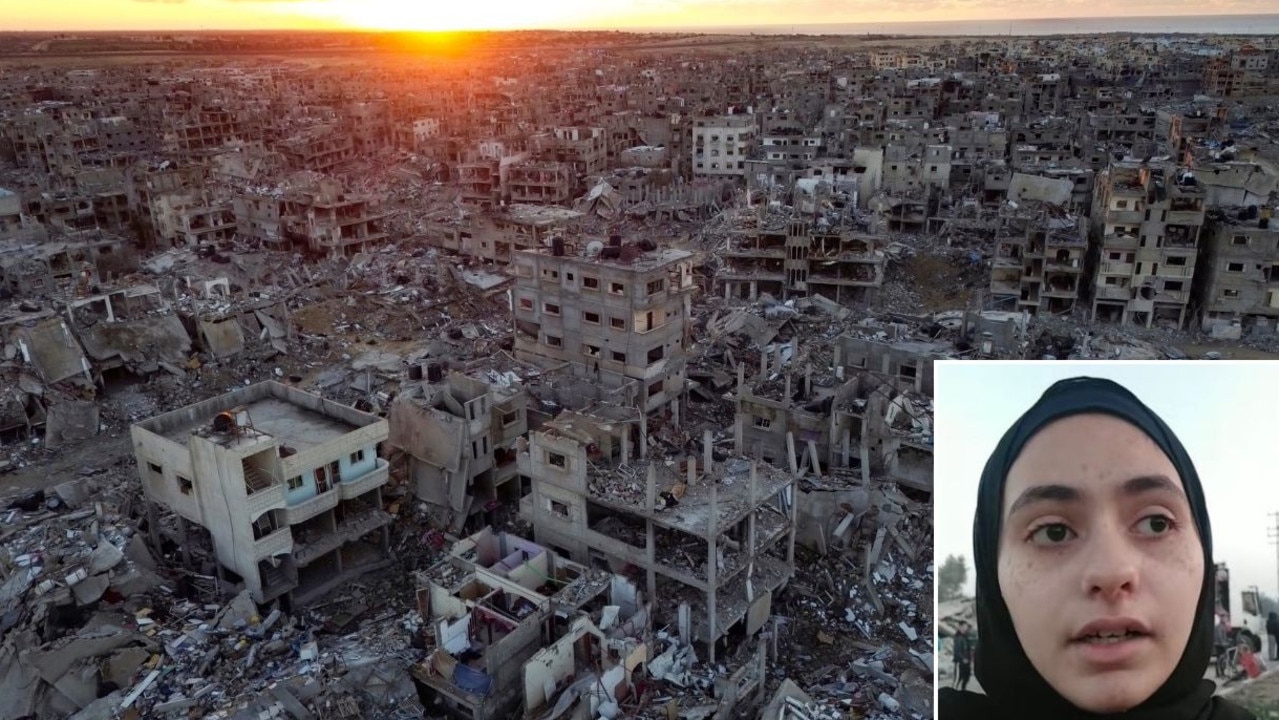German market massacre: youngest victim named as Andre Gleissner
Andre Gleissner, 9, was named by his family the youngest victim of the attack as Saudi Arabia says it repeatedly warned the German government about the extremist views of the man accused of driving the car that killed him and four adults.
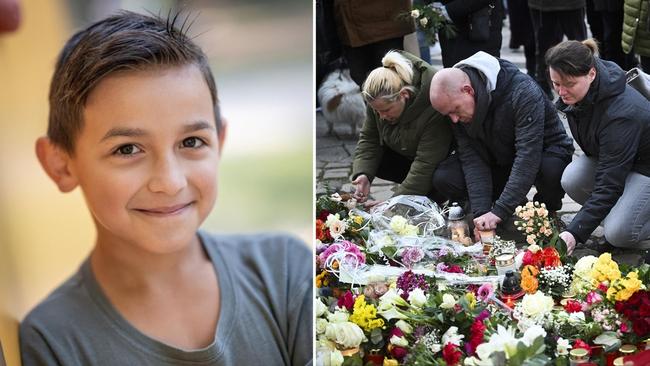
The youngest victim of an attack on the Christmas market in Magdeburg has been named by his family as Andre Gleissner.
An online appeal for donations has been started on behalf of the nine-year-old who died alongside four adults when a car ploughed into crowds in the central German city, 130km west of Berlin, on Friday evening.
Jan Fischer, the fire chief for the district of Elm-Asse, said a “sizeable sum” had already been donated for André, who was a member of the children’s fire brigade in the village of Warle, about 30 miles west of Magdeburg.
A Facebook post attributed to his mother, Désirée, published a photo of a smiling boy alongside a message with hashtags referring to the attack.
A police officer stands in a littered Magdeburg Christmas market after a car drove into a crowd.
“Let my little teddy bear fly around the world once more … André never hurt anybody … he was only nine years on Earth with us … why … I don’t understand it … now you’re in heaven with Granny and Granddad. They missed you very much …. as much as we miss you here now. You will always live on in our hearts … I promise you that.”
Warnings ignored
Saudi Arabia says it repeatedly warned the German government about the extremist views of the man accused of the massacre.
Taleb al-Abdulmohsen, a 50-year-old doctor who arrived in Germany in 2006 from Saudi Arabia, is suspected of ploughing a car into crowds of festive shoppers on Friday night in Magdeburg, 130km west of Berlin.
The suspected terrorist incident is likely to put further pressure on the German government after months of political turmoil, including a confidence vote Chancellor Olaf Scholz lost last week.
More than 200 people were taken to 15 hospitals, and 41 were said to be seriously injured, many in intensive care. It is feared the death toll could rise.
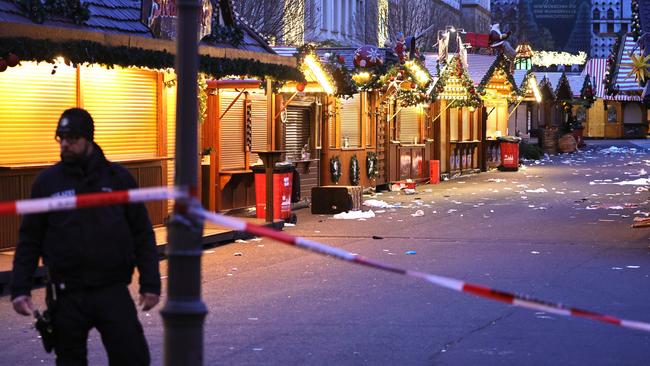
German citizens, heading to the federal polls in February, have grown increasingly weary with the nation’s economic stagnation, worsening infrastructure and controversial handling of immigration, which has helped the hard-right Alternative for Germany (AfD) party grow in popularity.
The party, which was founded in 2013, polls at 19 per cent. Mr Scholz’s Social Democratic Party is on 17 per cent, while the Christian Democratic Union of Germany is leading at 31 per cent.
Abdulmohsen, who described himself as an ex-Muslim, was a vocal supporter of the AfD, shared dozens of posts online criticising Islam and accused the German authorities of failing to combat the “Islamism of Europe”.
Far-right protests broke out on the streets of Magdeburg on Saturday night (Sunday AEDT) with groups holding signs saying “Remigration now!”, a movement that promotes the return of immigrants from Europe. Some people wore symbols associated with neopaganism and the far right.
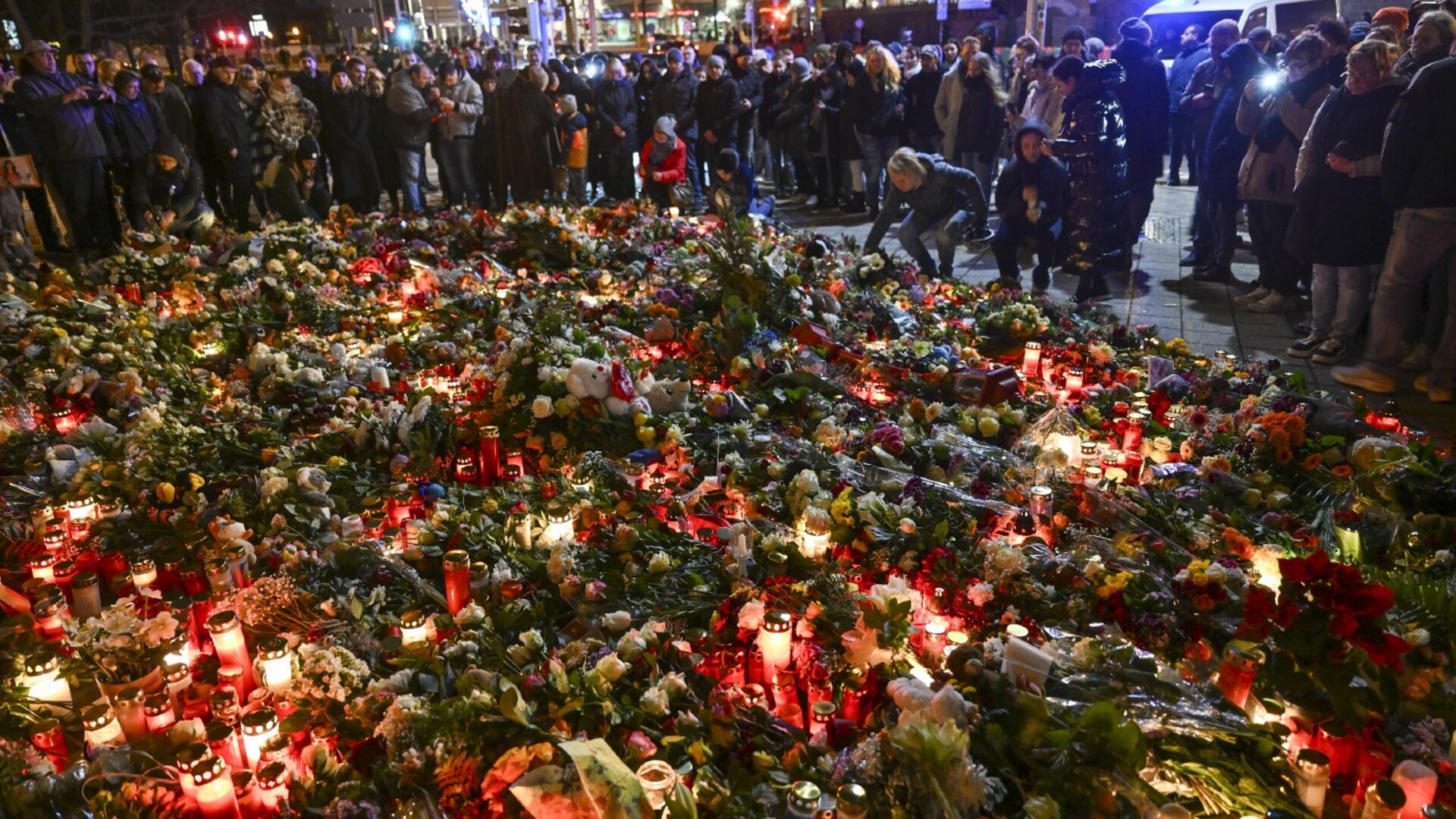
Meanwhile, there were sombre memorial services at Magdeburg Cathedral, attended by grieving families and residents, and the Kaiser Wilhelm Memorial Church in Berlin.
The weekend’s incident comes nearly eight years to the day of an Islamist attack at a Christmas market in Berlin when Anis Amri, an unsuccessful asylum-seeker from Tunisia, drove a truck into crowds and killed 13. In August, three people were killed and eight wounded at a festival in the western city of Solingen. Islamic State claimed responsibility.
Friday’s attack took place after the suspect managed to fit his four-wheel-drive BMW through security bollards that had been left wide enough for emergency service vehicles, before speeding through the festive crowds. The attack only lasted three minutes and the suspect was detained by armed police.
Prosecutors confirmed he was under investigation on suspicion of murder, attempted murder and bodily harm. They also confirmed he had tested positive for drugs.
According to the BBC, as many as four separate warnings were sent from Saudi authorities to German intelligence agencies and the Foreign Ministry but all were ignored. The first warning came in 2007, CNN reported, after officials in Saudi Arabia were concerned at the suspect’s radical views of varying kinds, including criticising Islam.
German newspaper Die Welt said state and federal police carried out a “risk assessment” last year but concluded he posed “no specific danger”. The German Interior Ministry did not comment.
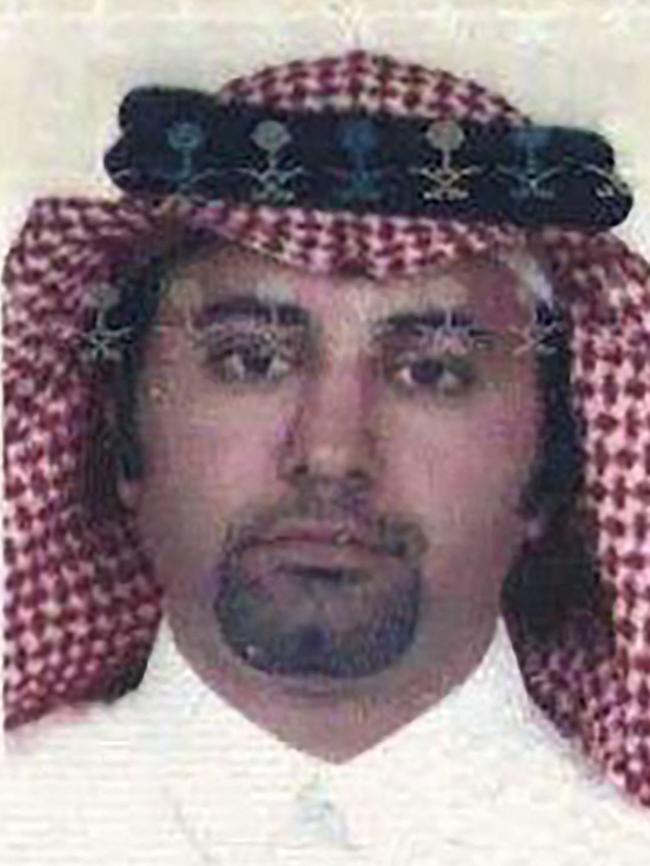
Mr Abdulmohsen was recognised as a refugee in Germany in 2016 and helped women flee Saudi Arabia, which critics say is one of the world’s most oppressive regimes.
German Interior Minister Nancy Faeser said he held “Islamophobic” views, and prosecutors said he could have been disgruntled “with the way Saudi Arabian refugees are treated in Germany” although they did not elaborate.
The incident has not officially been declared a terror attack and experts said it fit the motive of the far right.
Peter Neumann, a professor of security studies at King’s College London, wrote on social media: “If anything, the Magdeburg attacker was far right: a self-declared Islam-hating, ex-Muslim atheist, who despised German society not for being against Islam but facilitating its spread. He also very much liked the AfD.”
Mr Abdulmohsen had been due to appear in a Berlin district court the day before the attack but did not turn up. He was accused of calling the fire department when there was not an emergency.
He worked as a psychiatrist in a specialist medical clinic in Bernburg, a town 45km from Magdeburg, but had been off work since October due to illness and holiday.
His employer, the Salus-Fachklinikum Bernburg, a specialist rehabilitation clinic for criminals with addictions, said it was “shocked to learn the alleged perpetrator worked as a specialist doctor in our enforcement in Bernburg”.
The Sunday Times

